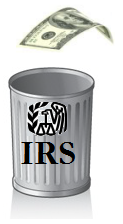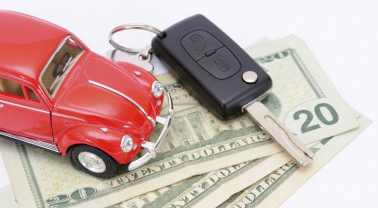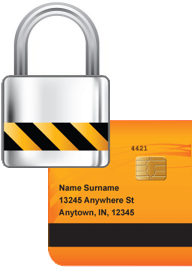
With gasoline and other prices rising, many people are feeling a pinch in their household budgets. Following some simple tricks can help keep your electric bill from being red hot this summer. Read More.

With gasoline and other prices rising, many people are feeling a pinch in their household budgets. Following some simple tricks can help keep your electric bill from being red hot this summer. Read More.

You’re in luck. The federal government is offering a tax credit of up to $7,500 for anyone who purchases a qualified plug-in electric vehicle after Dec 31, 2009. The credit will begin to phase out after a certain manufacturer sells at least 200,000 of its vehicles in the United States. Both the Chevy Volt & Nissan Leaf qualify for the tax credit, which can help offset the sticker price. Read More.

There are certainly ways to save money at the pump when you use particular credit cards. In the past year alone, gasoline has gone up by about $1 a gallon, and putting a pinch on many consumers’ budgets. If that’s not enough, the price hikes are predicted to continue, and some experts say prices could jump as high as $6 a gallon. Read More.

The fact that the issue of having to pay taxes at the end of the year is occurring every year, tells us that the cause is not due to a one time tax credit or deduction. It is likely due to a recurring event, such as holding investments that pay dividends each year and not paying estimated taxes each quarter to the government and state for that income. Read More.

It’s getting down to the wire for those who haven’t filed their tax returns yet, so it’s not surprising that you’re wondering where your refund is. Nowadays it’s easy to keep track of your tax refund status simply by checking the IRS website. Read More.



About six months ago, we wrote a piece entitled, “Protecting Your Bank Account, ” which warned of the threat of a major data breach impacting online banking. This past weekend the threat became reality. Email marketing company, Epsilon, reported its computers, which hosts email addresses and customer names from many major banks (Citi, JPMorgan Chase, Capital One) and other fortune 500 companies, had been attacked by hackers. They stole an unknown number of email addresses and customer names which could potentially lead to a significant number of phishing attacks. This occurs when a sender fictitiously poses as a known sender such as Chase Bank and requests that the recipient (you) provide personal information such as your bank account number. While phishing attacks are the most likely result of this data breach, there could be more damaging results if necessary precautions aren’t taken. Read More.